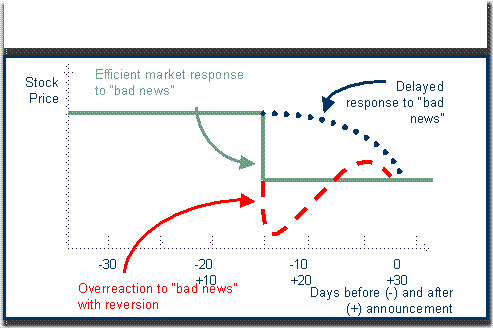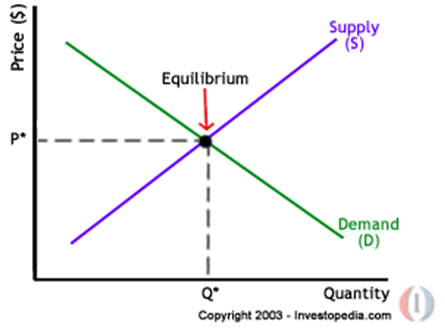Does Efficient Market Hypothesis Hold Up
Post on: 6 Май, 2015 No Comment

Retirement » Does Efficient Market Hypothesis Hold Up?
Investors tend to subscribe to one of two theories about the stock market: You can beat it, or you cannot.
These polar-opposite beliefs are fostered by Eugene Fama and Robert Shiller, who along with Lars Peter Hansen, shared the Nobel Prize in economics last year for their work on asset prices.
On one side of the ring is Fama, a University of Chicago academic who won the prize for his so-called efficient market hypothesis. His stance: Capital markets are efficient pricing machines — reflecting all available information about securities accurately so that investors cannot expect to get superior results to that of the overall market.
On the other side of the ring is Shiller, a Yale University academic who shared the 2013 Nobel Prize in economics for his take on asset prices. He believes that markets are not efficient and that human behavior, which is not always rational, tends to influence markets, leading to mispricing. His hypothesis: Irrational exuberance can lead to inflated market values for assets.
Experts in academia and business see merit in both points of view.
Russ Wermers, a professor of finance at the University of Maryland, College Park, says the Fama standpoint is a good null hypothesis, or default position, one that holds true in the absence of strong evidence to the contrary. He concedes, though, that exceptions to the rule provide ample contrary evidence.
A lot of things that happened during the financial crisis, the deep swings in stock prices every day, seem to defy any kind of rational logic, so I have questions about that. And you could even point to housing prices and say it is really hard to come up with an efficient market story for why housing became so expensive and then all of a sudden had a crash, Wermers says.
Robert Willis, CEO of Willis Investment Counsel in Gainesville, Ga. says, I believe that over the long run the market is largely efficient, but because of human emotions, the market is often very inefficient (in the short run). Robert Shiller has been a pioneer in helping us understand that investors are not computers. Their emotions impact investment decision-making a lot more than traditional economists believe.
Indexing or active management
What does all this mean for investors? Should you eschew any kind of stock picking and just go for index funds, believing that active managers can’t beat the market?
Mari Adam, president of Adam Financial Associates, a Boca Raton, Fla. financial planning firm, says most individuals lack the training and temperament to make logical investment decisions. She sees this play out in the more favorable outcomes that professionally run pension plans produce, versus the outcomes for 401(k) plans that are managed by individual participants.
In addition, she says, index funds are forced to get into positions that may not be beneficial to investors.
If you are using just a plain old market-cap weighted index, it has a number of math problems inherent. For one, the more expensive something gets, the more (index funds) buy, which is a fundamental problem in my book. That is the exact opposite of what you want to do, Adam says.
That’s why index funds had a greater technology sector weighting in 1999 than they should have had, for instance.
Wermers agrees that investment professionals who are more skilled at putting together information are able to beat the market. He bases this opinion on a study he did with Robert C. Jones, founder of asset management firm System Two Advisors.

However, Wermers is more inclined to see index funds as a better approach for individual investors, particularly those that are not sophisticated at gauging fund manager performance. Just look for the lowest-cost, passive index fund that is well-diversified that you can find, he advises.
Willis cites one fatal flaw in the reasoning of those who tout index funds as superior to actively managed funds: Individuals don’t tend to stay the course. It is assumed by the index fund promoters, it is assumed by the academics, that the investor will indeed remain invested 365 days a year for the next 10 years, he says. It is the rare investor that will remain invested 52 weeks a year throughout a 10-year period and never get frightened by the market, never go to cash, never bail out during a storm.
So individual investors tend to sabotage themselves, no matter which investment philosophy they subscribe to.
Combating volatility in retirement
Given that the market faces volatility and can move sharply up or down, is an actively managed fund better for an investor who must take withdrawals from a portfolio during retirement?
Adam believes that an actively managed fund could help fight risk during this critical phase. I think it gives me more confidence, knowing there is a person there who is looking at the market and trying to make intelligent decisions, she says.
Finding an active manager who can navigate a portfolio in precarious markets is tricky, though, since past success is no guarantee of future results.
I would not want to suggest that actively managed funds have some crystal ball whereby they can avoid a downturn, says Willis.














